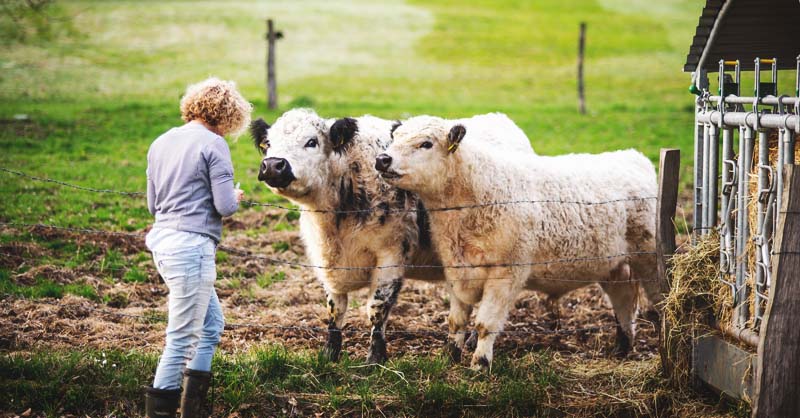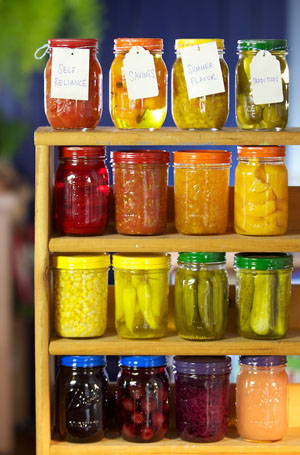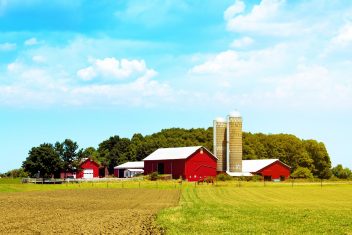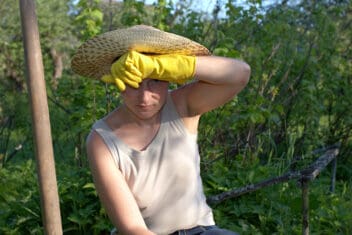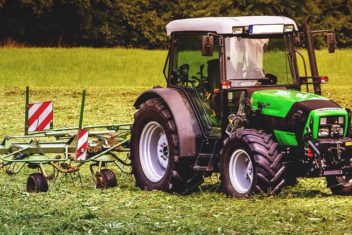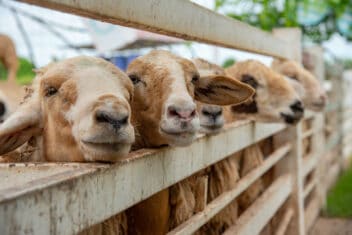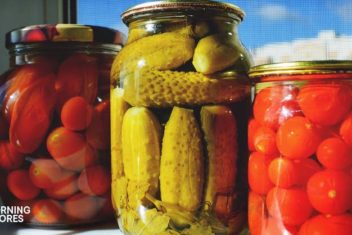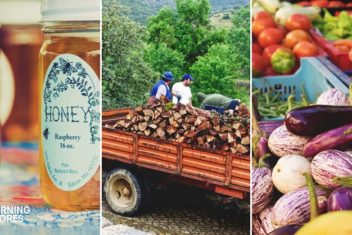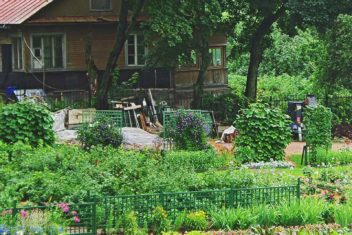On a homestead summer is a time of hard grafting. There are plenty of tasks that need your attention, and it is easy to feel overwhelmed.
However, it is time when the homestead is at its most beautiful. There is a freshness in the air, newborn lambs, piglets and little chicks are about, making homesteading a pleasure.
To help you keep track and not feel overwhelmed, here is a list of homestead summer chores that will keep you focused on what is important at this time of the year.
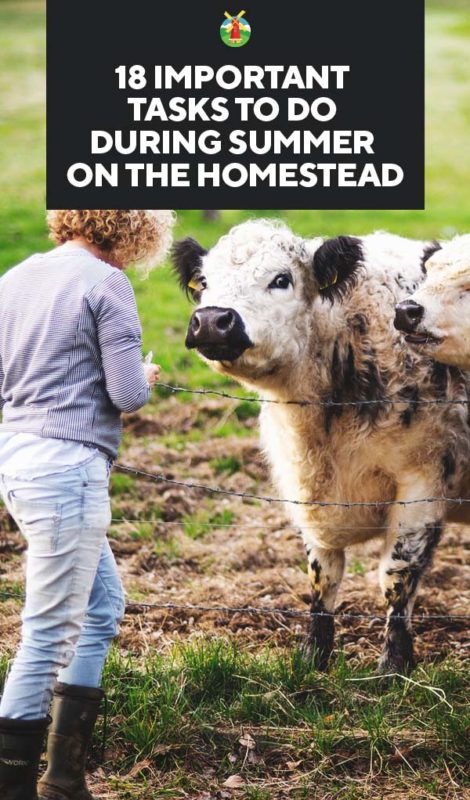
1. Cleaning Animal Areas
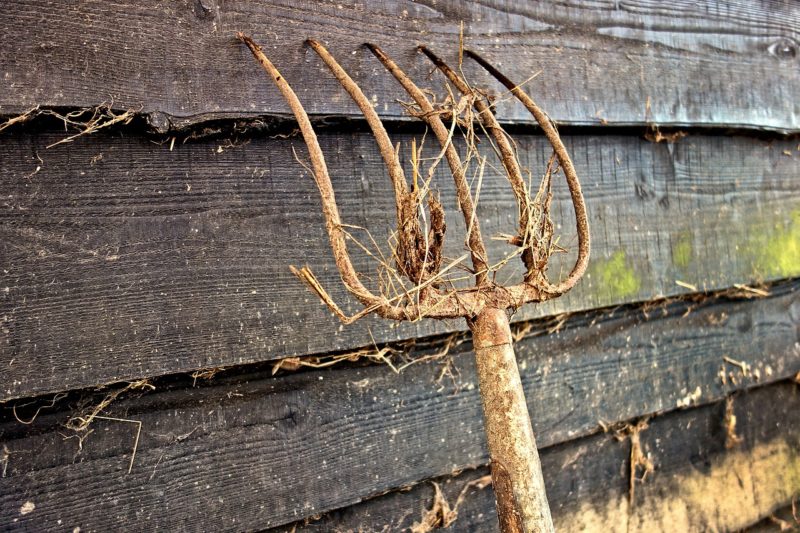
Cleaning animal areas is a year-long chore, but you usually have more animals in the summer, so it is vital that you keep their living conditions clean. Also, more babies are about, and they are more susceptible to illness, which can be brought on by unhygienic conditions.
If you have goats be sure to clean their barn regularly. I clean their sleeping area almost daily, but I go through once a week and do a thorough cleaning of their entire area. Here is a useful tip on teaching goats to use a litter box, which helps make cleaning easier.
The same rule applies to the chickens and rabbits. I’ll clean their nesting boxes daily because no one likes cleaning up (or laying in) a slimy box.
But I go through one time a week and do a thorough cleaning with vinegar and disinfecting the areas.
2. Check the Animals for Health Problems
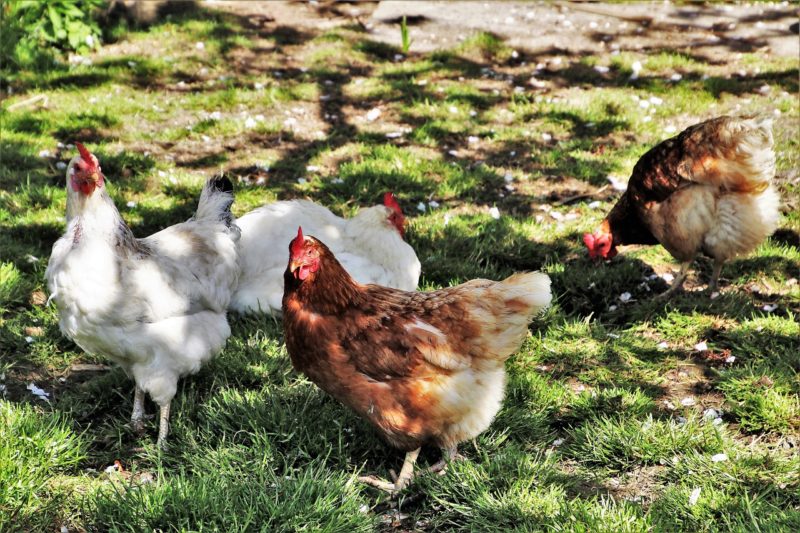
Summer is the time when specific health problems come about. For instance, flystrike and mites are usually the top two items I keep on my radar during the warm months.
If you are unfamiliar, mites take over your chicken coop and will infest your chickens. It makes them miserable and can seriously harm their health. Chicken lice are just as bad, and you need to keep an eye open for that.
While flystrike is something that I watch mainly in our rabbits, it can occur in other animals as well. The best way to defeat fly strike is to make sure that your animals live in very clean conditions so that nothing attracts flies to your animals.
But you also need to check their hindquarters and make sure that they have no maggots embedding in their skin. Also, be sure that their area stays dry because moisture will attract flies as well.
So basically, keep their homes clean, the poop and moisture to a minimum, and check your animals regularly so if they do develop either of these nasty pests you can deal with it immediately.
3. Give Lots of Water and Cooling Devices to Your Animals
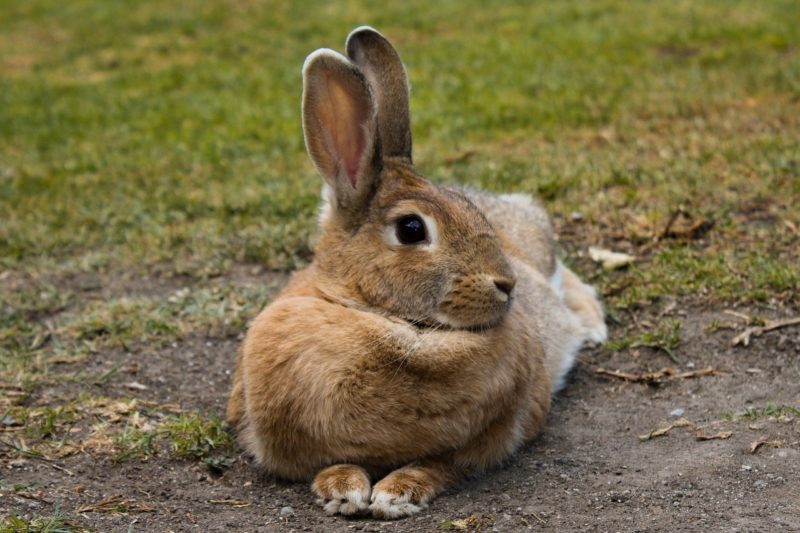
This is another chore that mainly applies to our rabbits. You should make sure that all of your animals have a clean water source every day.
However, rabbits are at risk for suffering from heat stroke because they are warm-blooded animals covered with a think fur pelt. In nature, they would have gone into their underground burrow to cool off if the day is too hot, so you need to provide a way for them to cool down.
So we not only keep our rabbits in the shade during warm months, but we also freeze water bottles and place them in their living quarters. That way, they can lay with them and have some help cooling down.
It is important to pay attention as to when the bottles need to change out for new frozen ones. This could literally be the difference between life and death for your animals.
4. Treat Animals and Their Homes for Pests
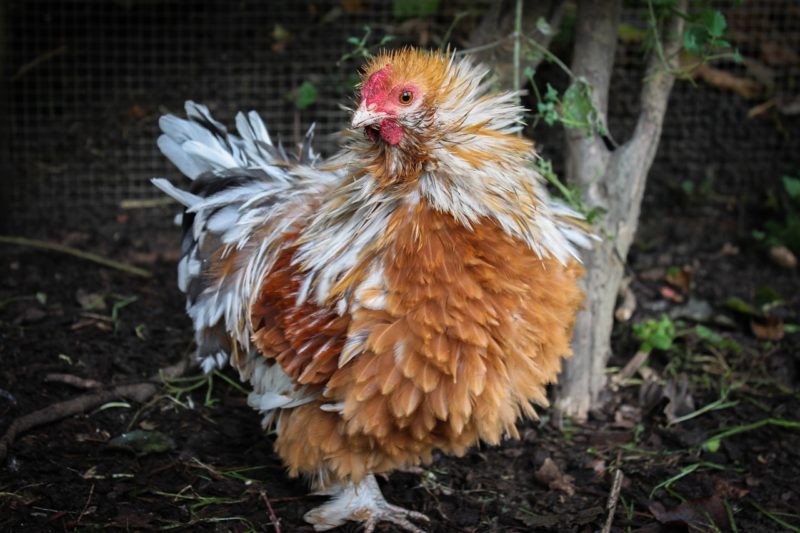
As I already mentioned, summertime is a time for pests. So I plant lots of herbs and other plants that deter pests.
But I also make it a routine to sprinkle Diatomaceous Earth in the nesting boxes and throughout our chicken coop. I do this because when my chickens take a dust bath they’ll dust themselves with DE too. This helps keep mites under control in every way that I can.
5. Worm Your Animals
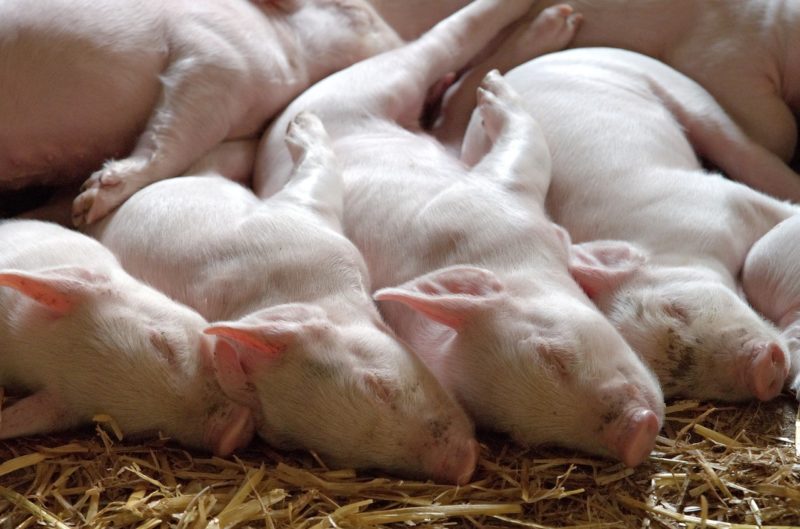
I find that some time during the summer I always have to worm our animals. Again, I use Diatomaceous Earth to get the job done.
When I start seeing a lot of poop on the eggs I know it is time to worm my chickens. When I worm them, I usually make my rounds and sprinkle DE on the other animals’ food too. That way everyone gets wormed at once.
DE is an inexpensive and natural way of handling worms around your homestead. It can be found at most agricultural stores or purchased here.
All you’ll need to do is sprinkle a little over your chickens’ food, and they’ll eat it. I also sprinkle some in my goats’ hay so they’ll eat it. It comes in food grade and non-food grade form. Food grade is meant for human consumption while the lesser grade is meant for animals.
But you feed your animals what you feel the most comfortable with. I usually go with food grade because that is the easiest for me to find on a regular basis.
6. Hatching Chicks
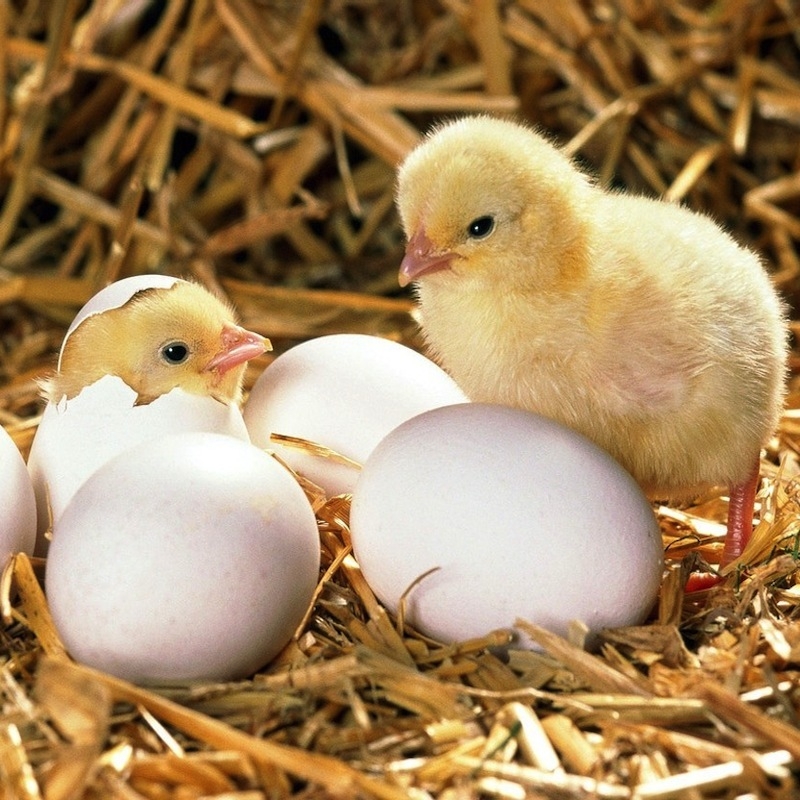
When the warm months are upon you, it is time to grow your flock. This is the time when broody chickens and ducks will start setting their eggs.
So you should follow their lead. Any fertilized eggs you can find around your homestead should land in your brooder box.
Then you can raise them all the way through. This is a great way to have meat for the winter, or you could raise them to sell for a homestead income.
7. Weeding the Garden
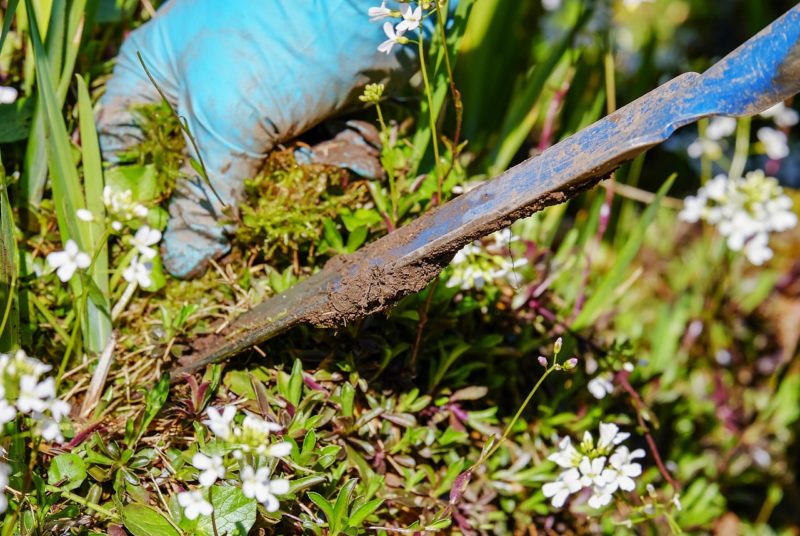
The garden is probably the most time-consuming chore during the summer months. This is one of the largest food sources for the year so it deserves your time.
While doing my summer chores, I have to water, check for bugs, and bring in any vegetables that are ready for harvest.
You’ll need to spend plenty of time weeding the garden. While also spending time harvesting your vegetables and fruit too. Also, be sure to fertilize your garden as needed.
8. Weeding the Flower Beds
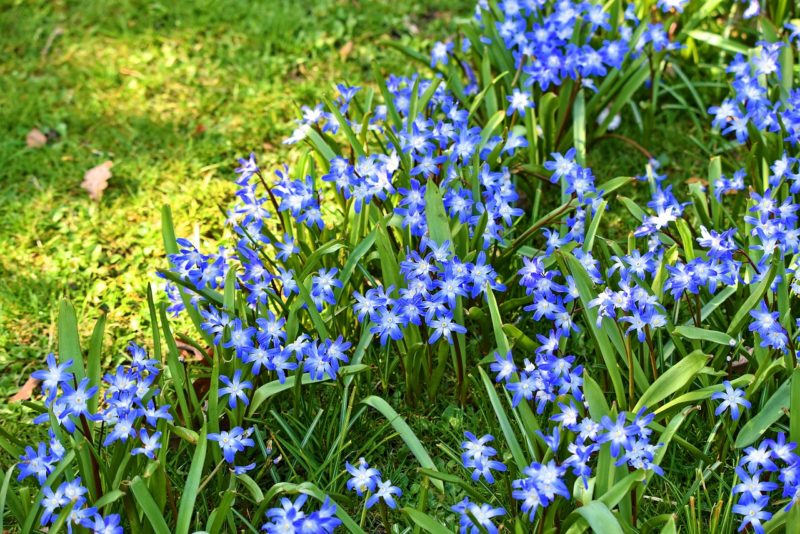
I love the warm months because our property is so pretty. Everything begins to bloom and it just feels like home.
So in order for things to stay looking good, it takes work. You’ll need to spend time regularly weeding your flower beds. I usually rotate days and beds. If I pull weeds in certain rows in the garden one day, I’ll move to a flower bed the next.
Then I’ll go back to the garden and keep rotating until all of the rows are weeded and all of the flower beds are weeded too. If you don’t handle weeds, they’ll choke out your vegetation and take over.
9. Canning and Preserving Food
I spend most of my mornings outside working until it becomes too hot. That is the time I use to care for the animals, to harvest food, and to battle weeds.
But when it gets too hot, I move indoors and preserve the food I’ve harvested. This is so important because my family depends heavily on the food I can that year.
So needless to say, we can a lot of food. It is very hard work but so worth it. Which is why I encourage everyone to grow any kind of garden they can and preserve the food. It is good tasting and good for you.
10. Keep the Lawn Manicured
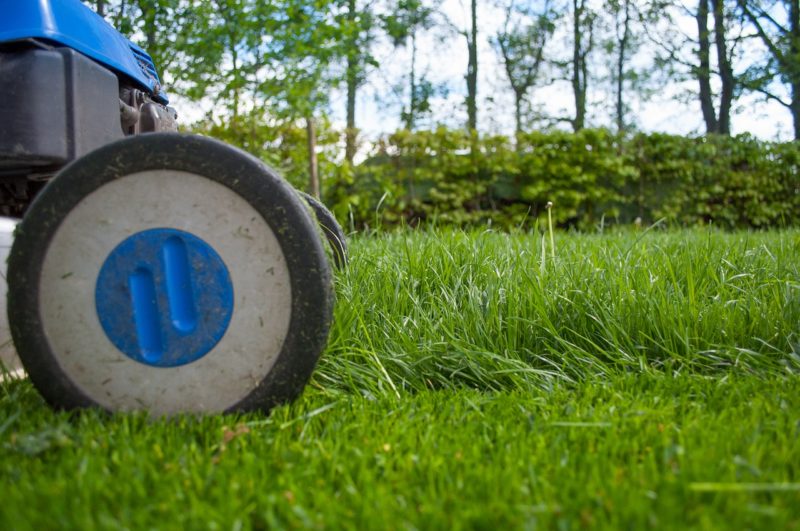
This is a chore I give to my oldest son. We have a larger front yard so it needs to be mowed regularly during the warmer months.
So making sure that someone stays on top of that is vital to our home looking and feeling good. I have a hard time enjoying being outside when I feel like our front yard is taking over.
Which is why I feel like keeping the grass trimmed and the weed eating done is important. It just makes your home feel more inviting which is one of my goals for our homestead.
11. Keep the House Cool
It is an all-out battle with the electric company during the warmer months because I hate getting astronomical electric bills.
So I used to keep my house like a dungeon during the summer. I would put towels and blankets over the doors and windows to keep the house as cool as possible.
Finally, I broke down and purchased blackout curtains. It was the best money I’ve spent on our home in a long time. It allows our home to still be neat in appearance while also keeping the sun (and the heat) out.
12. Raising Grow Outs
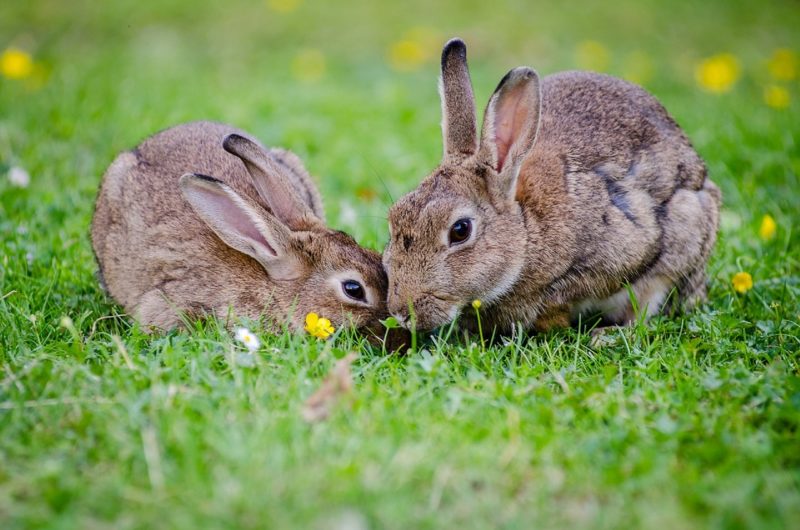
We raise rabbits for meat. Though they are small, they do produce a lot of meat throughout the year.
However, we try to make sure that we utilize the warmer months for most of the litters because obviously, they have a greater chance of survival when the temperatures are warmer.
But we also have to raise a bunch of tiny rabbits during this time. It is important that you have a grow out pen for them to grow in. This can be something as simple as a colony set-up created from pallets.
We actually used this method for a while. My husband built two hutches. The larger doors faced opposite of each other. This is how we got into them for cleaning and feeding purposes.
Then they each had bunny holes in them that had doors. We would leave the doors open on them, and they would lead out to one ramp. This ramp would lead out to a yard that we had fenced off by pallets. It was all built from pallets and reclaimed wood so it was very inexpensive.
However, as I’ve mentioned in other posts, we don’t do the colony set-up anymore because of how hard it is to keep their yard clean. I like things to be easy to clean in order to keep every animal as healthy as possible.
So this year we are going to try the tractor method. You build a tractor very similar to a chicken tractor. That way the bunnies can move around and not create so much mess in one space.
13. Milking Duties
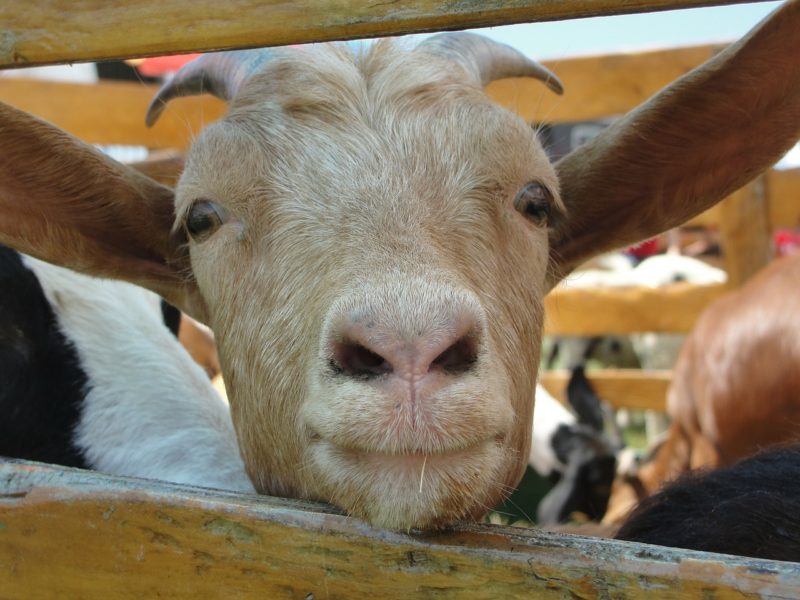
You have to milk year round if you have dairy animals. We use goats for our dairy needs.
So milking continues during the warmer months as well. It is important to have a proper milking stand and to use proper milking methods.
As well as, practicing proper storage methods as well. If you are running out of ideas on how to use all of your goat’s milk, then check out this article on goat milk uses.
14. Start Seeds for Fall Garden

I know, you are probably thinking I’m up to my eyeballs in gardening right now. After all, it is summer time!
But you have to think ahead. If you grow a fall garden, then you have to start those seeds during the summer to have your plants ready.
You need to stay ahead of the game. You’ll be glad you did because it can potentially save you a lot of money.
15. Building Projects
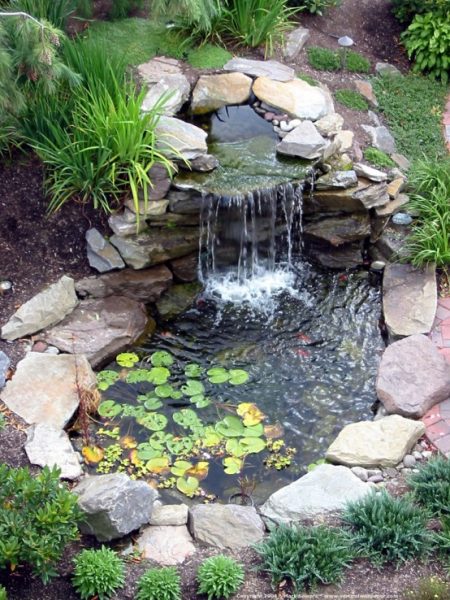
via digsdigs.com
Summertime is a great time to get those building projects out of the way. The weather is usually beautiful (besides the extreme heat in some locations) and the days are longer so you have more daylight to work with.
The morning is the perfect time to do most of the hard work before the heat of the day gets too much, and if you are building a backyard swimming pond, all that hard work will be worth it.
If you have large building projects you’ve been meaning to get done (like a barn, chicken coop, or even a fence) now could be a good time to get it done.
16. Storing Wood for the Winter
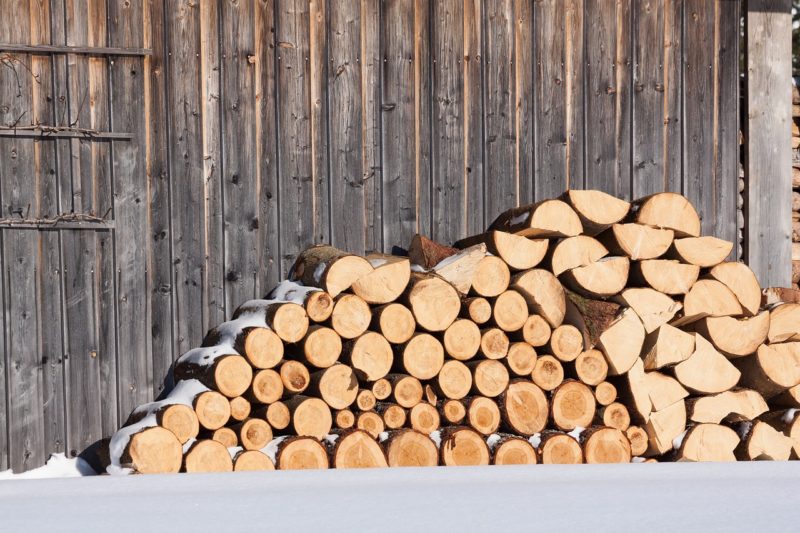
My husband is the wood king. He doesn’t want to be caught without firewood during the winter so we gather wood all year long.
If someone mentions to him that they had some trees cut down but need the wood to be removed, he is there.
If there is a huge batch of slabs at the sawmill, he and his trusty chainsaw are there. Just remember, it is never too early to look for opportunities to collect firewood.
Then it has longer to season, and you never have to worry about running out during the cold months.
17. Raise Fodder and Other Food for the Animals
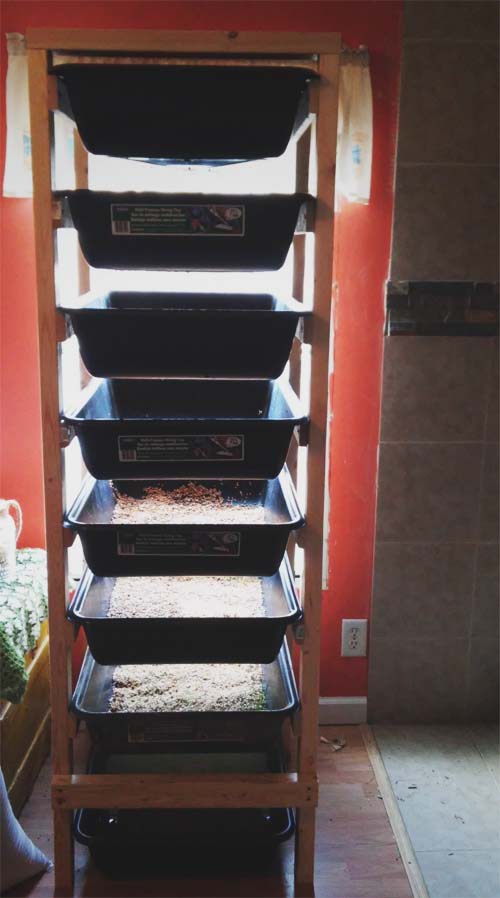
We have a small greenhouse that we heat to raise fodder all year round, but we kick it in high gear during the warmer months. This saves us a lot of money on feed because all of our animals love fodder.
But we also use this time to raise extra vegetables for our animals too. We grow extra sunflowers to let dry for the winter months.
And we also utilize all of our weeds as feed. This helps us to use our money for putting up food for the winter for our animals instead of having to purchase it through the warmer months.
So try to raise as much of your animals’ food as you can during the warmer months. It is fresh, better for them (usually), and will help you have a nest egg to purchase different feed if needed over the winter.
18. Trade for Winter Supplies
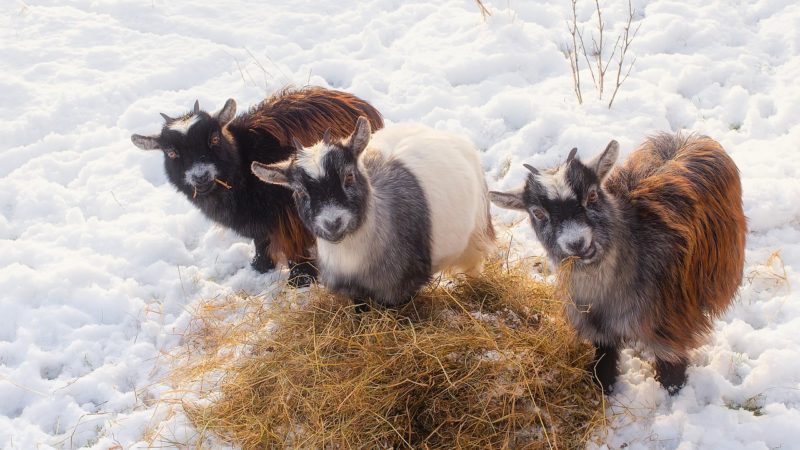
Our land is not set-up to raise hay yet. We have a smaller piece of property so everything has to be organized or you’ll have a mess.
Needless to say, I’ve been a little busy and haven’t found the right spot for us to try and produce some of our own hay.
So for right now, we bargain hunt for hay for the winter months, or we trade for it. This past year we were able to buy enough hay for over 5 years because we purchased it for $1/bale.
But we have also traded for materials needed. So if you know you have raised or grown excess of something, see if you can’t find someone that has something you need in order to trade for it. The summertime is the best time to trade because you usually have an abundance of produce and animals.
I hope this list has helped you get some insight into the summer chores that are required around your homestead to keep everything running smoothly.
It is all very rewarding, and we love hearing your thoughts, so please leave your comments in the space provided below.

